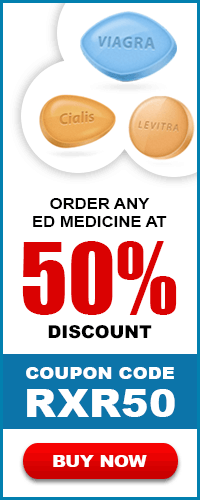Asthalin
What Is Asthalin? Asthalin is one of the most effective medication and its simplest way of in-taking it via spraying in noose is the best way of treating Asthma issues and bronchospasm, this medication with its unque formula is available in tablet as well as spray form but both needs to bring into use with proper guideline and knowledge. Cipla Pharmaceuticals, a prominent well-known pharmaceutical organization, manufactures Asthalin products in various dosages and forms. It helps men get back their normal breathing ability without any disturbance such as wheezing, shortness of breath, Chest tightness and nasal congestion. Asthalin medication promotes smoother and simplest breathing a procedure of inhaling oxygen and exhaling carbon dioxide, so that an Asthma patient can perform can live sleep and be tension free from asthma issues. It makes normal living of people indulge in it to live more satisfying and peaceful life. Salbutamol is a drug that sticks to nasal and to the smooth muscles that result in making them be relaxed and ease the air passing way clear.
Types Of Asthalin Medication Available In The Market -
Active Ingredient - Salbutamol is the active ingredient and is also the main and parent ingredient in Asthalin that perform unique mechanism in relaxing muscle swelling and blockage of nasal passage to allow proper flow of oxygen to inhale oxygen and exhale carbon dioxide. This ingredient is not compatible with all other components of different medicines and one consuming such medicines containing Salbutamol as its ingredients as its component should avoid using this medication.
Usage -
- Replace the cover and mouthpiece after using inhaler. One should prohibit over consumption of inhaler
- If doctor has prescribed it to treat and cure asthma, then only one should use it
- One should not miss dosage and even intake over-dosage
- If one fails to take one dose and remember about it when timing of second dose is nearby, then he or she should ignore the first and take second dose on time
- One Should not take more than maximum two drops in 24 hours
What Is Asthma? Asthma is a common long-term inflammatory disease of the airways of the lungs. It is characterized by variable and recurring symptoms, reversible airflow obstruction, and bronchospasm. These symptoms may occur few times a day or few times per week. Depending on the person, they may become worse at night or with exercise. Around 26 million people in America are dealing with this disease.
Asthma is a genetic disease that is passed on from older generation to new generation in the family. According to the doctors, there are no such cures for asthma but there are effective medications available in the pharmaceutical market that aims and claim to treat asthma. Asthma is a well-known disease, which can be, identify easily at home also. If a person feels frequently shortness of breath or hear a whistle sound in his or her chest while breathing then he or she will be suspected as an asthma patient.
What is Bronchospasm?
Bronchospasm is a muscle spasm of the bronchi that makes exhalation difficult and noisy; it is associated with asthma and bronchitis. This can even disturb one’s normal livelihood. It narrows the airway passage through which one inhale air known as oxygen.
Types of Asthma -
- Allergic - Allergic asthma is cause by exposure to an allergen
- Non-Allergic - Non-Allergic asthma is caused over stress, illness like cold and flu, exercise, due to exposure to extreme weather, polluted air or medication
Symptoms - If a person is diagnosed and diagnosis report claims him or her as an asthma patient, then he or she might have felt following symptoms of presence of this disease
- Coughing
- Shortness of breath
- Chest tightness
- Wheezing or Whistling from chest while breathing
Contradiction – This medication is harmful for following group of people and its use should be strictly prohibited. This group of people are Pregnant women, nursing mothers, people allergic to salbutamol, nicotine and tobacco containing product consumers and already consumer of other high dosage medicine, whose ingredient mixture can cause chaos.
Side Effects - The most common side effects are fine tremor, anxiety, headache, muscle cramps, dry mouth, and palpitation. Other symptoms may include tachycardia, arrhythmia, flushing, myocardial ischemia (rare), and disturbances of sleep and behavior. Rarely occurring, but of importance, are allergic reactions of paradoxical bronchospasm, urticaria, angioedema, hypotension, and collapse.






